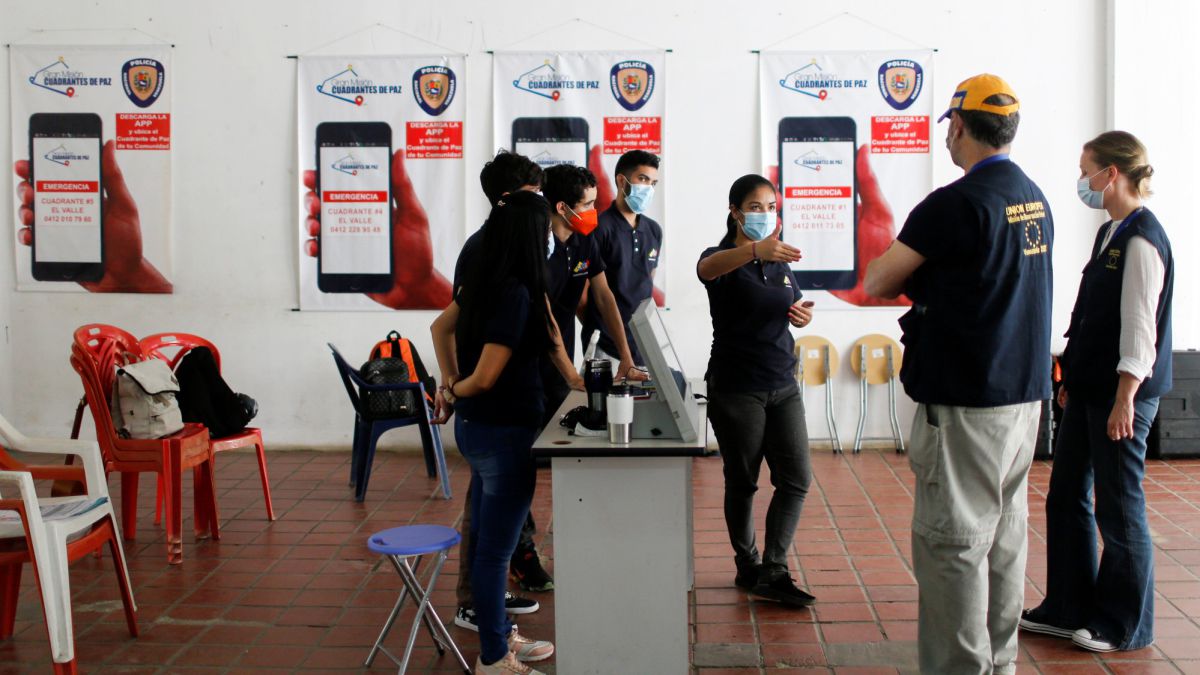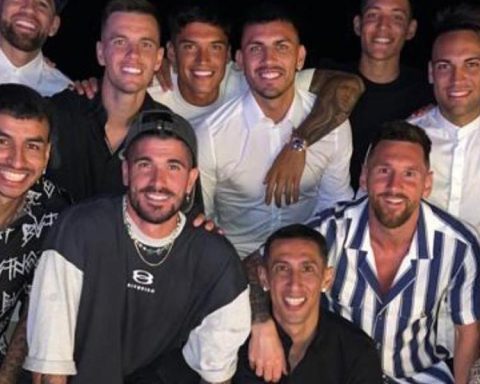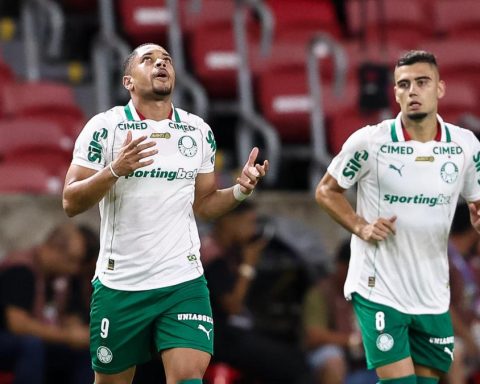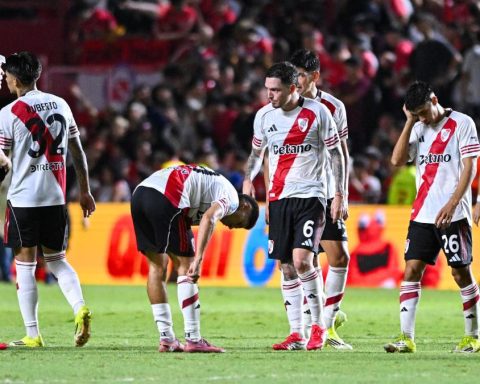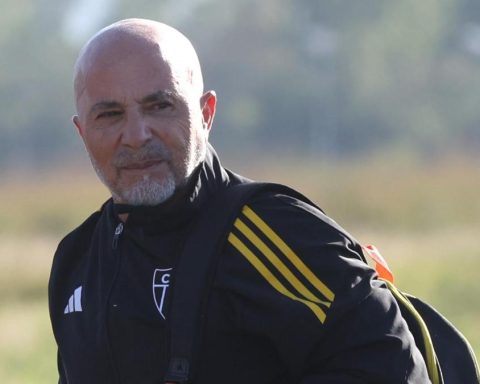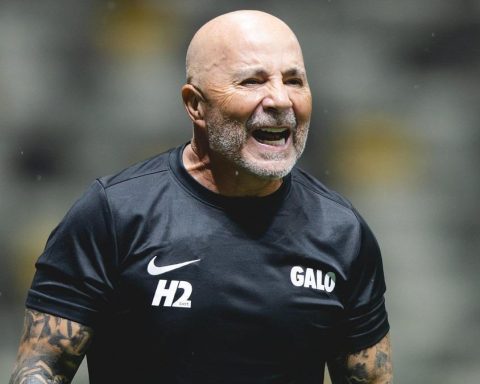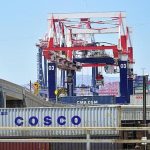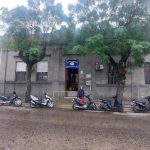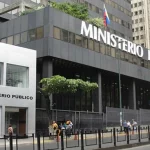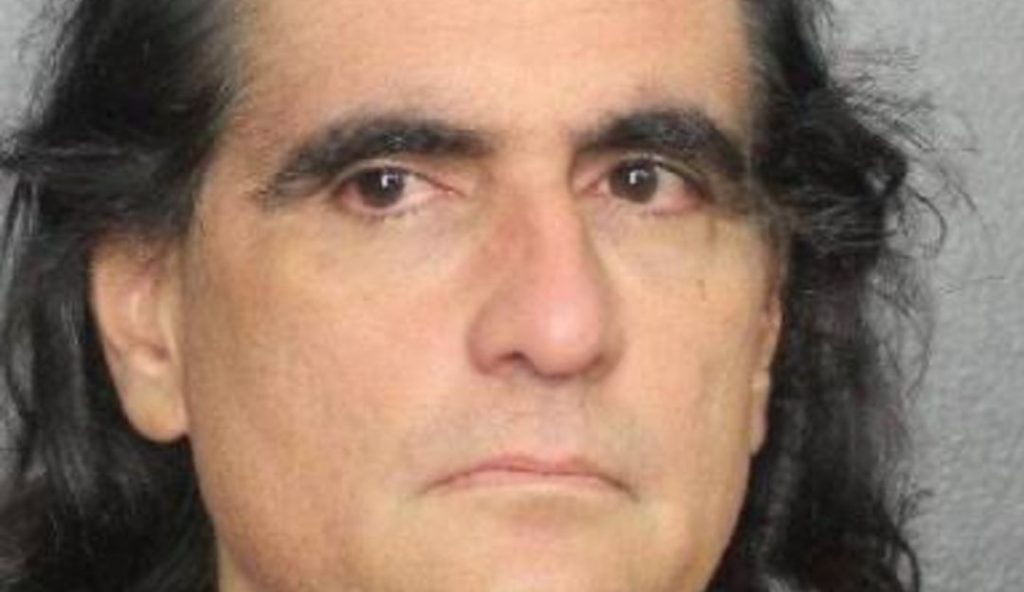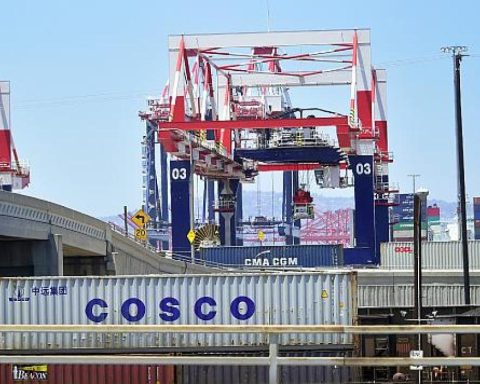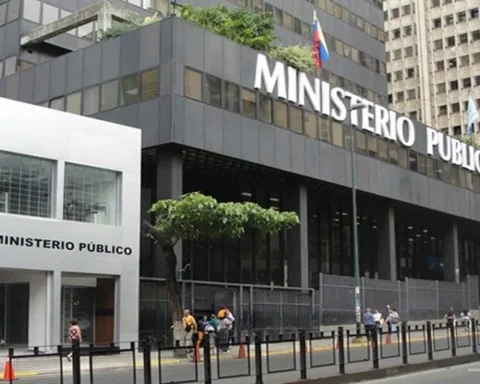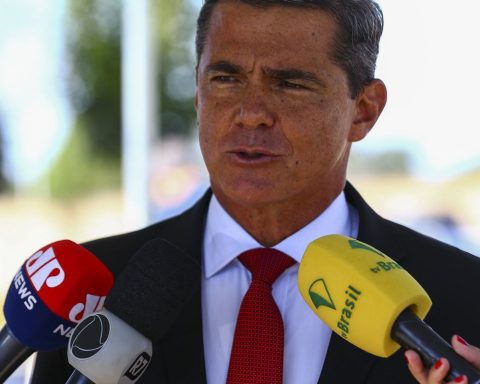Next Sunday, November 21, the regional and municipal elections will take place in Venezuela. However, in the Latin American country there is no enthusiasm for an election that few consider fair. Electoral propaganda and rallies are rare, politicians rush through cities. Although Chavismo lost credibility in 2018 with the appearance of Juan Guaidó as an alternative to Maduro, it weathered the crisis and remained in power.
Of course, these elections are the first step to an impatient general election, protected by international observers, who will be present this 21N. The opposition, although disgruntled (they believe that coming forward legitimizes the Maduro regime), will go to the elections to gain ground for those future general elections. Therefore, there are few who believe that something can change now, the feeling is mere formality.
Elections with international observers
Isabel Santos, a Portuguese MEP, is the head of the European Union Observation Mission In Venezuela. The European will meet with the representatives of the political parties and with the electoral authorities before the local elections. There will be 78 observers who will be present in the Latin American country, although it is expected to reach 130, in addition to 11 analysts.
The objective of this operation is reinforce observation during the Sunday shift. On the Tuesday after the elections, Santos will make a preliminary statement at a press conference on what was observed. Between one and two months later, the Portuguese will return to Venezuela to present the Final report of the Mission with its recommendations for future elections.
Who can vote?
Venezuelans will elect governors, mayors, legislative councils and municipal councils in these elections. The authorities of the National Electoral Council (CNE) have approved the Definitive Electoral Registry, in which 21,159,846 voters are authorized to vote in the Regional and Municipal Elections on November 21.
Nevertheless, not all venezuelans they will be able to vote. Voters and voters registered abroad may not participate in the 21N elections (they can only do so in general elections), while foreigners and foreigners with more than 10 years of residence in the country, registered in the Electoral Registry, are enabled for these regional and municipal elections, in accordance with the constitutional provisions.
In total, they are almost 6 millions Venezuelans who are living outside their country, many of them as refugees due to the situation in their country. This represents 17% of the population who should be an elector (without taking into account age), which increases to more than 34 million (28,435,943 inhabitants in Venezuela plus 5.9 million Venezuelans abroad).
